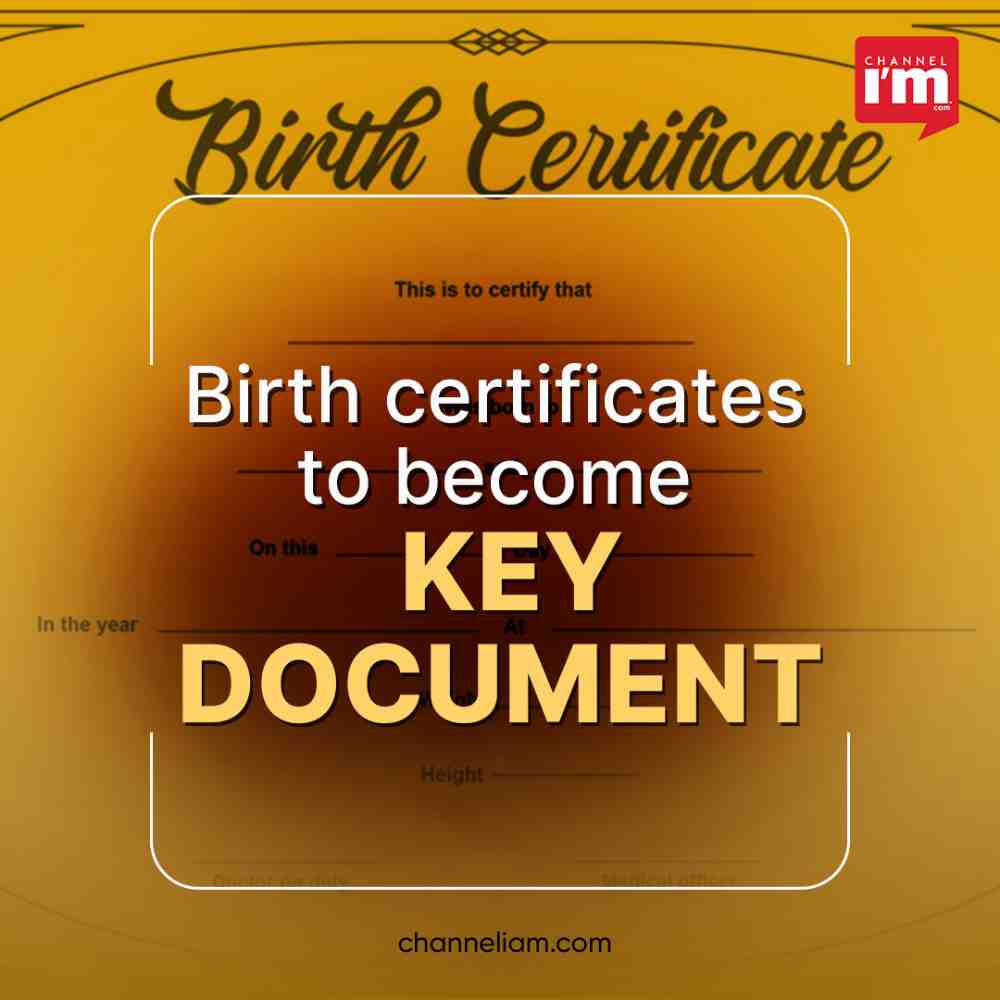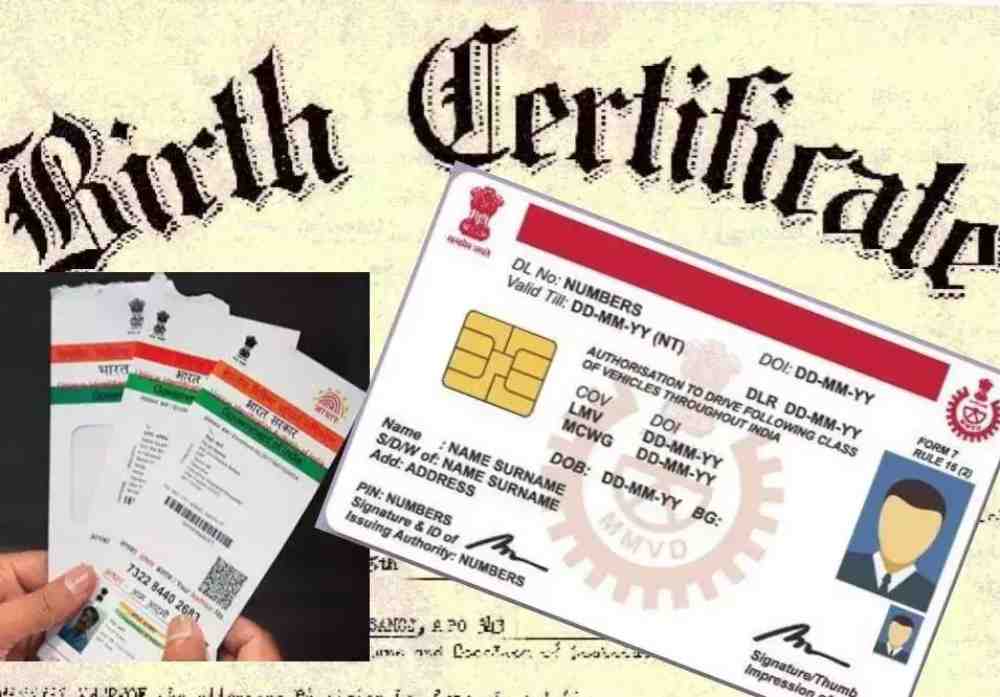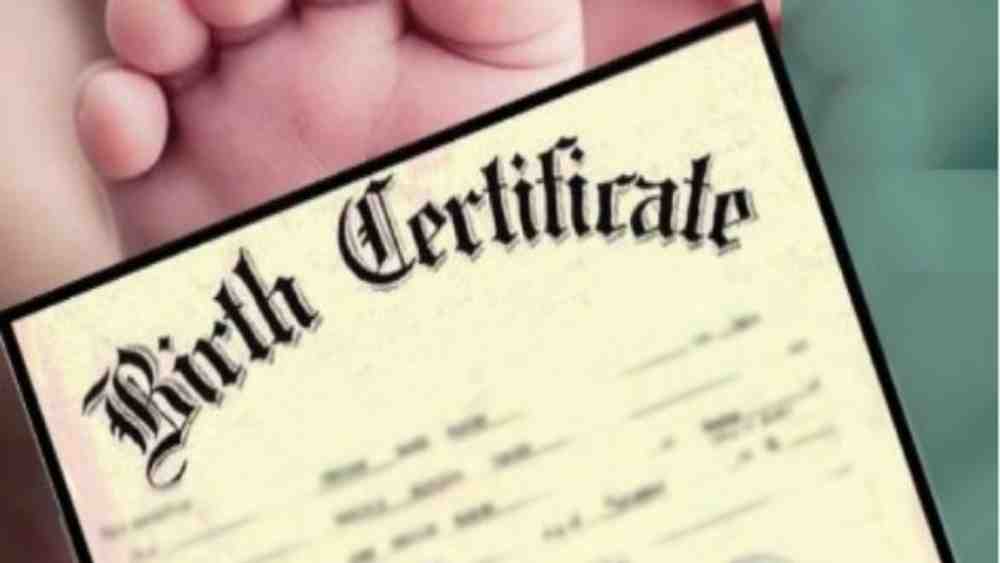Starting October 1, birth certificates will take on a pivotal role as a singular document for accessing a range of essential services in India.

This significant change is the result of the Registration of Births and Deaths (Amendment) Act, 2023, which aims to streamline and modernize the process of registering births and deaths. The Union Ministry of Home Affairs has declared that this move will help establish a comprehensive database of registered births and deaths, facilitating efficient and transparent public service delivery and digital registration.
The Implementation Date
The announcement regarding the implementation of the Registration of Births and Deaths (Amendment) Act, 2023, sets the stage for this transformation in service accessibility. The Act will officially come into force on October 1, 2023, marking the beginning of a new era in birth certificate utilization.

Legislative Backing
Both houses of the Indian Parliament endorsed the Registration of Births and Deaths (Amendment) Bill, 2023, during the Monsoon Session held last month. The Rajya Sabha passed the bill on August 7 through a voice vote, while the Lok Sabha had already approved it on August 1.
Key Provisions
The amended Act introduces several pivotal changes to the process of registering births and deaths in India, with a primary focus on expanding the scope and utility of birth certificates. Here are some key highlights:
National Registry Oversight: The Act entrusts the Registrar General of India with the responsibility of overseeing a national registry of births and deaths. State-appointed Chief Registrars and Registrars are mandated to contribute data to this central database, while maintaining similar databases at the state level.
Widened Reporting Requirements: In the past, specific individuals, such as the medical officer in charge of a hospital where a child is born, were required to report births and deaths to the Registrar. The new Act broadens these reporting requirements. For instance, it includes adoptive parents for non-institutional adoptions, biological parents for births through surrogacy, and single parents or unwed mothers in the case of a child’s birth.

Data Sharing: The legislation permits the sharing of the national database with authorized bodies like population registers and electoral rolls, subject to central government approval. Similarly, state-level databases can be shared with state-approved authorities, enhancing the overall utility of the data.
Appeal Mechanism: The Act establishes a mechanism for individuals to appeal actions or orders issued by the Registrar or District Registrar. These appeals must be submitted within 30 days from the date of receiving the action or order, and the District Registrar or Chief Registrar is required to make a decision within 90 days.

The Registration of Births and Deaths (Amendment) Act, 2023, marks a significant step towards modernizing and centralizing the registration of births and deaths in India. Birth certificates will now serve as a universal document for accessing vital services, streamlining processes, and ensuring transparency in public service delivery. The implementation of this Act promises to usher in a new era of efficient and digital registration, benefitting citizens across the country.
